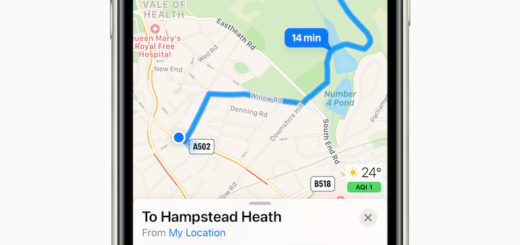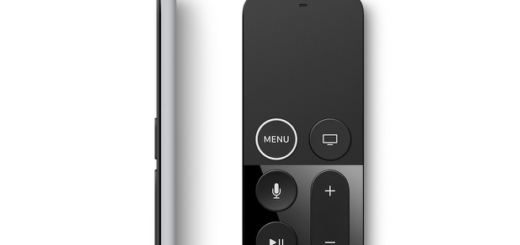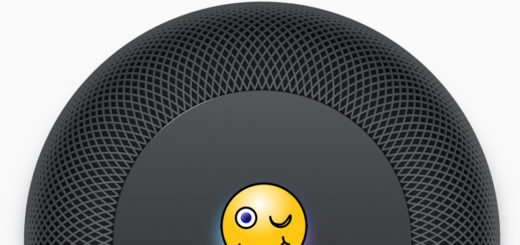Apple’s new App Store rules are good for your health
Apple has taken a highly important step to tighten up its App Store rules in a move to improve our digital health. In brief, the step should help make sure the iOS health apps we use actually are good for us.
Responsible transparency
That’s incredibly important. Right now it’s really hard to tell if a health related app actually is healthy. A recent 2015 study analyzing 243 depression apps noted that many lacked any evidence-based practices or clinical expertise in their design.
This means that the health app you rely on may not only be giving you bad advice, but might be selling information about you to advertisers interested in making a profit from your suffering.
The new App Store Review Guidelines, applicable from 1 September 2016, impose stricter standards on apps that behave in a way that “risks physical harm”.
They also insist on better science, better control of patient data and strict privacy rules, all of which are vital if we are going to build a robust digital health industry.
This means things like drug dosage calculations apps must now use databases from reputable places, such as hospitals. It also means apps that could be used for diagnosis or treatment will be given closer scrutiny. You’ll find that data can’t be shared with third parties without permission. The bottom line? Improving results, scientific application and building trust.
Leadership move
I think this is a leadership move on Apple’s part.
Way back in 2013 I was reporting the challenges of bad science on big health problems, even as Ovum’s then lead Healthcare & Life Sciences analyst, Charlotte Davies predicted, “More and more care will be delivered outside hospitals and clinics… mobile devices – from smartphones to monitoring devices – will become increasingly important as the number of patients cared for at home or in sheltered accommodation or other community centers increases.”
App developer HealthTap has long recognized the challenge of this, which is why it has been tracking doctors use of health apps for two years.
“There’s been no way for people to tell if an app is medically accurate and helpful, if it promotes ideas that have no medical foundation, or even if it is harmful,” said Dr. Geoffrey Rutledge, HealthTap’s Chief Medical Officer said last year.
Big benefits to scrutiny
“As the potential for using apps and mobile devices in home health diagnostics and for patient monitoring increases across a wide range of health areas, the benefits for patients’ well-being are hugely exciting,” Bentley added.
I’ll leave it to Out-Law to help stress the importance of Apple’s new step:
“With this move by Apple, heath and wellness apps will be subject to greater scrutiny – giving consumers more reassurance that the ones they choose to download have come from reputable sources, and will have benefits for patients. They can also be reassured that those apps will be supported and updated when necessary,” said Victoria Bentley of Pinsent Masons.





